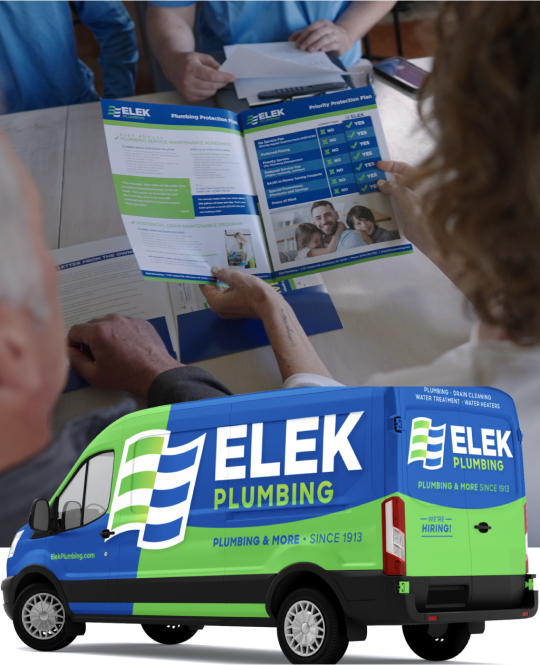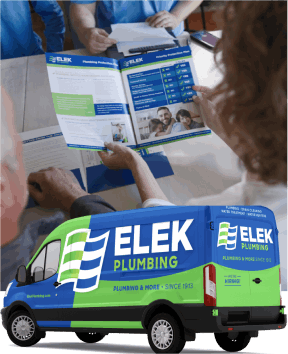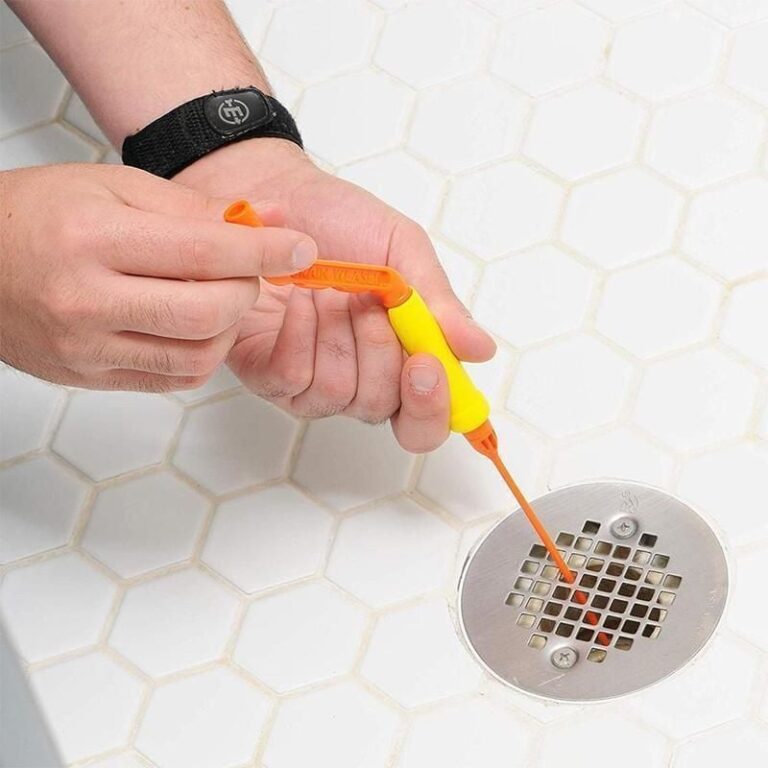Do’s and Don’ts of Sink Drain Repair
The Do’s and Don’ts of Sink Drain Repair in the Kitchen
Sink drain repair is a common household chore that many people try to do on their own. However, this is not always the best idea, as there are many different types of sink drains and each one requires a specific type of repair. In order to ensure that your sink drain is repaired properly, it is best to call in a professional who will have the knowledge and experience to get the job done right.

Here are some do’s and don’ts for sink drain repair in the kitchen:
Do’s:
- Inspect the sink drain for any clogs or debris. This can be done by pouring a bucket of water into the sink and watching to see where it goes. If the water flows down the drain properly, then there is no need for repair. However, if the water pools up around the sink or doesn’t go down at all, then there is most likely a clog that needs to be addressed.
- Use a plunger to clear any clogs that may be present in the sink drain. This can be a quick and easy fix for many clogs. Simply place the plunger over the drain and push and pull the plunger up and down until the clog is cleared.
- Use a snake to clear any clogs that may be present in the sink drain. This is a more aggressive approach than using a plunger, but it can be effective in clearing stubborn clogs. Insert the snake into the drain and twist and turn it until the clog is cleared.
- Pour a baking soda and vinegar mixture down the sink drain to help dissolve any clogs that may be present. Combine 1/2 cup of baking soda with 1/2 cup of vinegar and pour it down the drain. Let it sit for 30 minutes before flushing it with hot water.
- Call in a professional if none of these methods work to clear the clog. Sometimes it is best to leave the job to the professionals, especially if you are not sure what is causing the clog.
Don’ts:
- Do not use harsh chemicals, such as bleach or drain cleaner, to try and clear a clog. These chemicals can be harmful to your skin and can also damage the sink drain.
- Do not use a metal hanger or other piece of wire to try and clear a clog. This can damage the sink drain and can also cause serious injury if mishandled.
- Do not attempt to remove the trap under the sink in order to clean it out. This is a job that should be left to the professionals.
- Do not pour grease or cooking oils down the sink drain. These substances can cause clogs and can also damage the sink drain.
- Do not wait too long to address a clog, as it may only get worse over time. If you notice that your sink isn’t draining properly, address the issue as soon as possible.
Sink drain repair can be a tricky task, but with these do’s and don’ts, you should be able to address most common clogs. If you are still having trouble clearing the clog or if the clog is causing damage to the sink drain, then it is best to call in a professional who will be able to get the job done right.

Elek Plumbing
https://www.google.com/maps?cid=17731205453129335951
1101 Airport Rd, Allentown, PA 18109
610-432-7001
https://elekplumbing.com/
Request Service


Water heaters last between 8 – 12 years on average when properly maintained. However, your water heater's life span depends on many factors, including the quality of the unit, its maintenance schedule, and the surrounding environment. If you’re unsure whether it’s time to replace your water heater, request a free estimate from our team.
Can well pumps be repaired, or do they need to be replaced? Can well pumps be repaired, or do they need to be replaced?In most cases, well pumps are not repairable. However, in some instances, all that’s needed is a bit of maintenance or a minor electrical fix to restore full system functionality. The only way to determine whether your well pump is salvageable is by having a knowledgeable plumber inspect the system.
Is it safe to use chemical drain cleaners? Is it safe to use chemical drain cleaners?Drain cleaning chemicals are highly toxic. These chemicals are unsafe for your family and pets and can damage your pipes, causing them to deteriorate prematurely. When stubborn clogs impact your system, the best solution is to hire a plumbing professional to clear the blockage.




